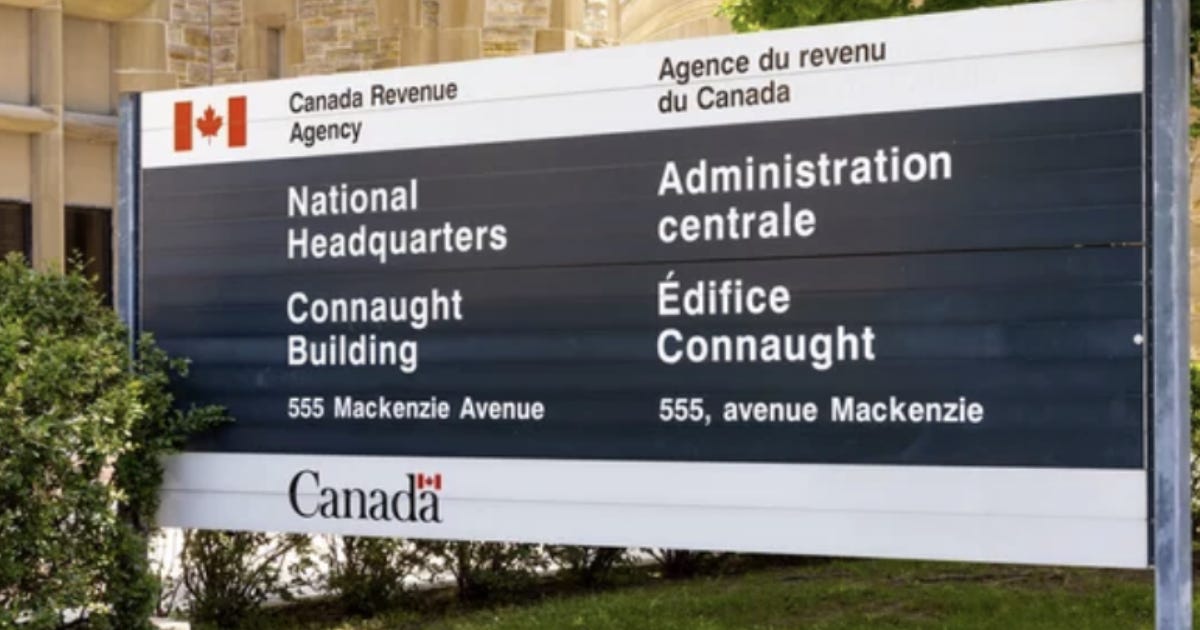Tax evasion “snitch line” brings CRA nearly half a billion
A tax evasion snitch hotline has brought the Canada Revenue Agency nearly half a billion in federal taxes and penalties through the use of informants.
A tax evasion snitch hotline has brought the Canada Revenue Agency nearly half a billion in federal taxes and penalties through the use of informants, which has been a “key part” of recovering funds since its inception in 2014.
The tipline still averaged more than 100 responses annually, despite Canadians generally being of the belief “that what others are doing is ‘none of their business,’ while others noted that there “may be attenuating circumstances that may explain the cheating, especially for low-income households.”
However, an Inquiry of Ministry tabled in the House of Commons found such confidential tips were said to be “a key part of the Agency’s efforts to fight international tax evasion and tax avoidance.”
First covered by Blacklock’s Reporter, the CRA has nabbed roughly $490 million through “information from the Offshore Tax Informant Program.”
The program received an average of 109 tips a year that “resulted in the identification of almost 950 taxpayers for audit since 2018,” said the Inquiry.
The figures were disclosed in response to a request from Conservative MP Eric Lefebvre, who inquired about the number of tips received from informants under the Offshore Tax Informant Program.
“Due to fluctuating volumes of payments year over year and the need to ensure the confidentiality and security of informants, the Revenue Agency does not disclose the precise number or the amount of payments that were issued to informants each year,” wrote managers.
“However, the Agency can confirm payments to informants have been made.”
The program offers bounties of between 5 and 15 per cent of the finances recovered, with the bulk of calls coming from ex-spouses, former partners and business associates, neighbours or acquaintances.
However, bounties are only paid “once all taxes have been collected and appeal rights have been exhausted by the taxpayer involved,” said the CRA’s then-senior tax legislation chief Ted Cook, during his testimony at a 2014 Senate national finance committee hearing.
“Based on the U.S. experience, these seem to be sort of lengthy processes. It will be sort of hit and miss,” said Cook.
“I don’t think there’s any way to predict how much revenue will be generated. Certainly, we don’t have any estimates. It is just recognizing there’s a tool that has been used with some success in other jurisdictions.”
Meanwhile, research from a focus group launched by the CRA found that the majority of Canadians were unsettled by the notion of becoming government informants. Participants exhibited “great reluctance to report personal or business tax evasion even when certain, for fear of unfairly judging the situation.”
“They were concerned about living in a place where people would be ‘snitching’ on each other and didn’t want to feel like they were in a ‘Communist state’ or a place where ‘Big Brother’ is watching,” reads the Annual Corporate Research Qualitative Component report from 2022.
“Moreover, a few would be concerned with being identified as having reported the situation and having to live with the ‘snitcher’ label,” it said.




All types of " government created, snitch lines" are a true communist tactic. https://www.denverpost.com/2017/06/22/mao-revolution-betrayal-impossible-escape/
Isn't there a commandment that says not to do this?
... OH RIGHT ...
In Canada they burn down churches and shoot at synagogues.